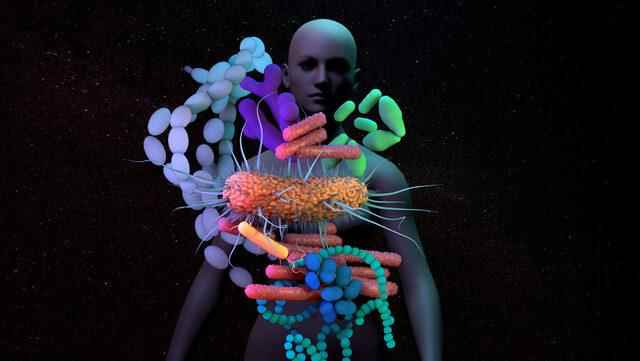A new study conducted in the USA revealed that antimicrobial resistance (AMR) has become one of the leading causes of death worldwide, killing about 3,500 people every day. Experts warned against unconscious drug use, stating that more than 1.2 million people died in 2019 due to the resistance of simply treatable diseases to antibiotics.
THE LARGEST COMPREHENSIVE RESEARCH EVER
According to the news of NTV; More than 1.2 million people died as a direct result of antibiotic-resistant bacterial infections in 2019, according to the most comprehensive study ever of the global impact of antimicrobial resistance (AMR). Covering more than 200 countries and territories, the study was published in The Lancet.
IT KILLED MORE PEOPLE THAN AIDS
Emphasizing that AMR kills more people than HIV/AIDS or malaria, scientists said hundreds of thousands of deaths occurred due to previously treatable infections.
One of the authors of the study, Prof. Dr. “These new data reveal the true scale of antimicrobial resistance worldwide,” said Chris Murray. “We need to act now to combat this threat,” he said.

However, Global Research on Antimicrobial Resistance estimated 23 pathogen and 88 pathogen-drug combination deaths in 204 countries and territories in 2019.
DATA OF MORE THAN 470 MILLION PEOPLE STUDYED
The study examined more than 470 million individual records from systematic literature reviews, hospital systems, surveillance systems, and other data sources.

The findings showed that AMR was directly responsible for an estimated 1.27 million deaths worldwide and was associated with an estimated 4.95 million deaths in 2019. It is estimated that HIV/AIDS and malaria caused 860 thousand and 640 thousand deaths, respectively, in 2019.
ONE IN EVERY FIVE DEATH IS A CHILD
Also, although AMR poses a threat to people of all ages, young children have been found to be at particularly high risk. One in five deaths attributable to AMR occurred in children under the age of five.
On the other hand, scientists stressed the urgent need to take action to combat AMR and outlined urgent actions for policymakers to help save lives and protect health systems. These include optimizing the use of existing antibiotics, taking more action to monitor and control infections, and providing more funding to develop new antibiotics and treatments.
Dame Sally Davies, the UK’s special representative for antimicrobial resistance, said AMR is “one of the greatest challenges facing humanity”. “Behind these new numbers are families and communities tragically bearing the brunt of the silent AMR epidemic. “We should use this data as a warning signal to take action at all levels.”

On the other hand, regionally, deaths directly caused by AMR were estimated to be highest in Sub-Saharan Africa and South Asia, with 24 deaths per 100,000 people and 22 deaths per 100,000 people, respectively.
In high-income countries, AMR directly led to 13 deaths per 100,000 and was indirectly associated with 56 deaths per 100,000 people.
